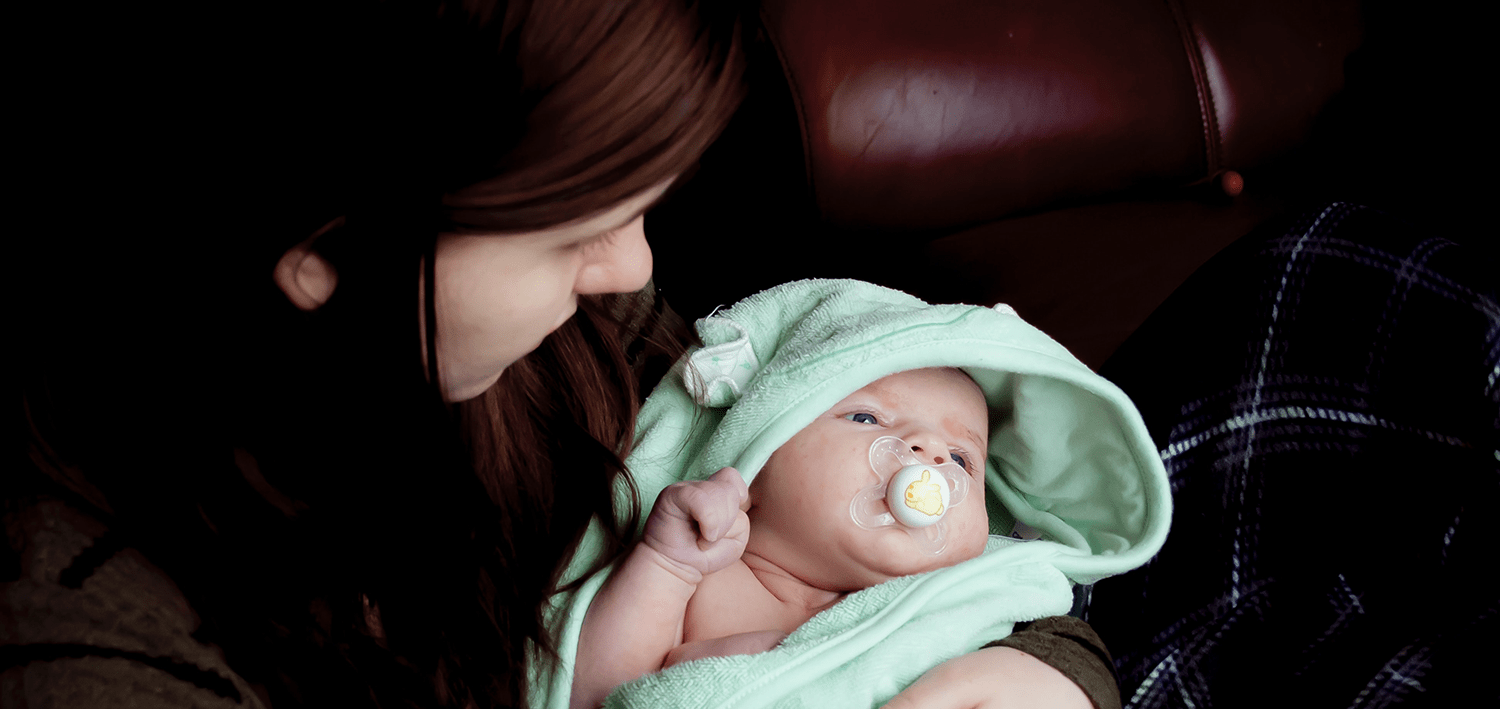
Parenting Means Put Away Smartphones; Play and Read With Your Kids!
Parents and Professionals Agree: Interacting and Reading with Your Child Can Show Lifelong Benefits
Guest Contribution by Becca Ritz
I met KIPS authors, Marilee and Phil, when I recently had the pleasure of re-designing their logo. While working together on the process, I shared that I had a 2 year old daughter. As a full time working mom, who designs logos, websites and print collateral, I want to make every second count when I am with our 2 year old daughter.
I ran across the article “How books at home may affect child’s brain later” and was fascinated how reading and interacting with your child before age 4 can benefit their whole life. I’m a voracious reader myself and would love for our daughter to also grow up with the active imagination books provide. Plus, being able to read will help you later in life no matter what vocation you choose.
In the article, Brian Avants, an Assistant Professor of radiology at the University of Pennsylvania, and colleagues analyzed information from 64 people who were followed for more than 20 years. When the participants were kids, the researchers evaluated their homes for things that would provide mental stimulation, such as children’s books and toys for learning. “Children who lived in more stimulating environments at age 4 had thinner cortexes when they were young adults, between ages 18 and 20,” Avants said.
Searching further on brain development I learned that during the first few years of life, as babies begin to explore their environments and interact with parents, the brain neurons transmit signals to each other. The networks that are used grow stronger and those that are not are pruned away. (See Brain Development in Childhood – The Dana Guide).
According to Inside the Brains of Smart Kids , as children grow, the cortex, the outer layer of the brain, thickens and thins as connections are strengthened and pruned to become more specialized with stimulation from the environment. Cortices of children with higher IQ scores thicken faster and longer than those with average IQ scores, then thin faster during late teenage years, most likely due to more efficient pruning.
What’s Your Choice for Kids:
Interact with Parents OR Smartphones and TV?
The above articles also reminded me of how I’ve seen many families rely on iPads and iPhones to entertain their children. Yes, they can keep their kids occupied when out to eat and solve the puzzle on screen, but they are lacking in one-on-one interaction & communication.
Cari Ebert, a pediatric-speech-language pathologist, says on her website Learning through Play, how technology is contributing to developmental delays in some of the children she works with. Ebert says, “there are 2 year olds who know their letters, numbers, shapes and colors, but lack the basic communication skills to request a drink, say hi to a friend, or answer a yes/no question appropriately. Instead of force-feeding academics, it is more appropriate to engage young children in play that is guided more by imagination than by educational relevance.”
I also saw how technology can affect kids first hand, when I volunteered for a program through the YMCA called YRead, which helped inner city kids with their reading skills. I was shocked to find out the 5th grade girl I worked with could not tell the difference between the word “black” and “back.” When I asked if she ever read books at home for fun, she said no. Magazines? No. They instead watched movies, TV shows or played video games.
So, how does a parent who doesn’t read themselves and loves their iPhone, know to read to their own children?
That’s where KIPS, the Keys to Interactive Parenting Scale, comes in. The KIPS 12-item parenting assessment helps Family Service Providers to nurture insights and provide outcomes with parents of young children. The KIPS online video-based training helps demonstrate actual family play situations, as well as what ideal parents’ responses are to help their children grow.
Rebecca Ritz is the Mom of a 2 year old and owner of Bauerhaus Design, which specializes in building brands for small businesses. For more information visit www.bauerhaus.com
